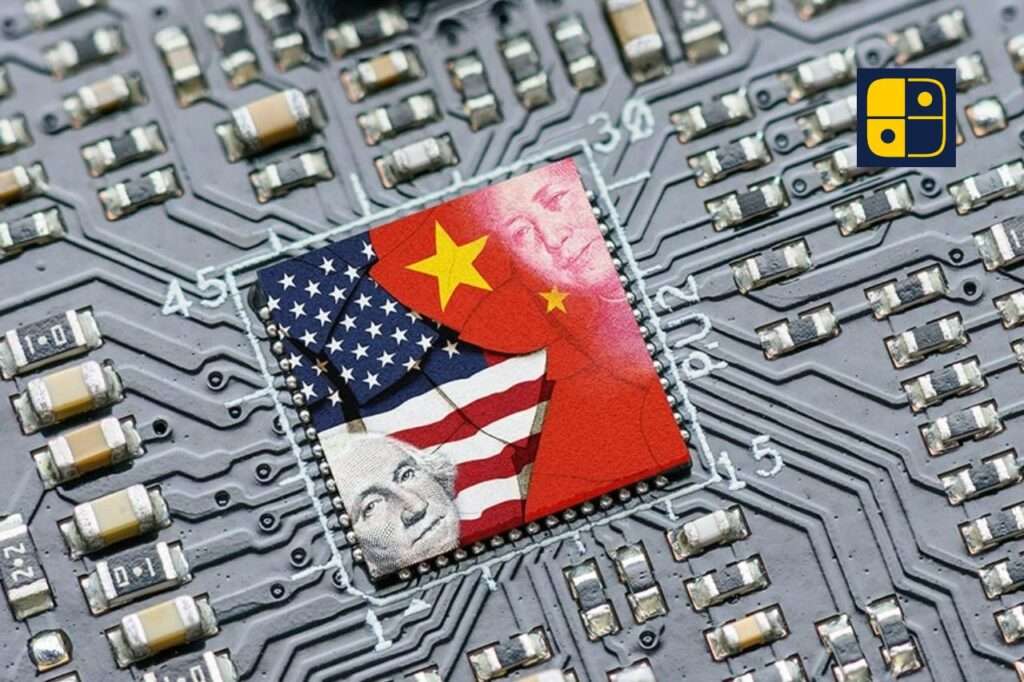Taiwan Semiconductor Manufacturing Company (TSMC) is a gaint in global semiconductor ecosystem. From Apple’s iPhones to NVIDIA’s AI processors, its chips drive both consumer technology and strategic industries. But TSMC’s role is no longer confined to manufacturing, it now sits at the crossroads of a geopolitical struggle.
US decision to revoke TSMC’s license to export American-origin technology to its Chinese plants marks a clear escalation in US effort to contain Beijing’s technological rise. While the facilities in China primarily handle older-generation chips, the move is less about immediate disruption and more about control. By tightening the flow of critical tools and know-how, Washington signals it intends to police even the margins of advanced manufacturing.
Operating in both the U.S. and China, the company must balance its global customer base against increasingly different political demands. For China, the restrictions provide yet another incentive to accelerate indigenous semiconductor development—a process costly, uncertain, but increasingly urgent.
At its core, the episode underscores how TSMC has become more than a corporate giant. It is a strategic asset. Taiwan’s “silicon shield” and a lever in the great-power competition shaping the future of technology.

